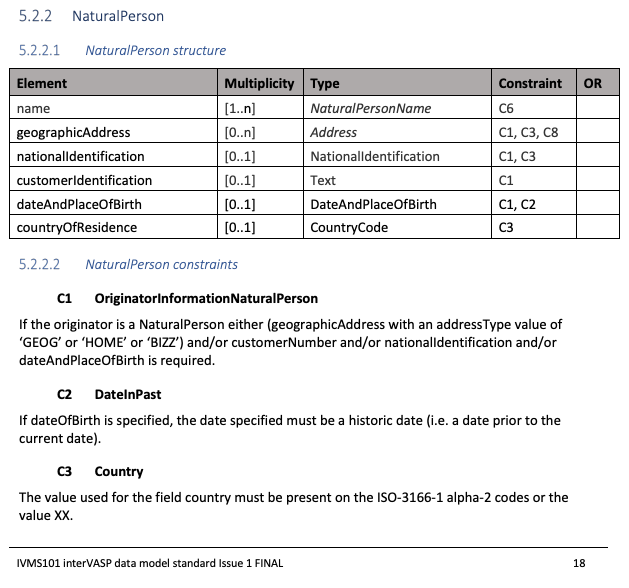Welcome
Integration Overview
What is the Travel Rule
The Travel Rule requires financial institutions participating in a cryptocurrency transaction (aka VASPs: Virtual Asset Service Providers) to exchange relevant beneficiary and originator KYC information. Any business holding crypto on behalf of their customers (a VASP) is required to implement the Travel Rule for transactions over a certain threshold sent to customers of another VASP. The specific threshold amount is determined by each national regulator. FATF has recommended it be set to US$1000.
What information needs to be included in the Travel Rule request?
Primarily you need to include the following information:
- The asset to be transferred (eg. BTC)
- Amount of asset to be transferred
- Information about the Originating Customer. Each country will have different requirements, but generally may include:
- Name
- Account number or blockchain address
- Physical Address
- Identity number eg. National ID number or Passport number
- Information about the Beneficiary Customer
- Name
- Account number or blockchain address
The industry has convened on the IVMS101 standard data model for defining this, which is supported in its entirety by Notabene.
IVMS101 - Technical standard for travel rule
IVMS 101 provides a standard data model for use in transmitting required originator and beneficiary information. It is designed for use primarily by VASPs, other obliged entities undertaking virtual asset services, and Travel Rule solution providers.

You can read more about the InterVASP Messaging joint working group here: https://intervasp.org/
If you want to review the complete documentation, you can download the standard here.
Sandbox account creation
To create an account in the sandbox environment visit this page and follow this instruction if are having any questions

Notabene integration-cheatsheet
Outgoing/withdrawals
- txValidate/widget
- txCreate
- txUpdate
- notification webhook
Incoming/deposits
- address webhook
- txNotify
- txUpdate
Updated 4 months ago
Let's get a quick overview of all the guides and their content:
